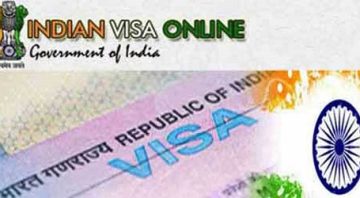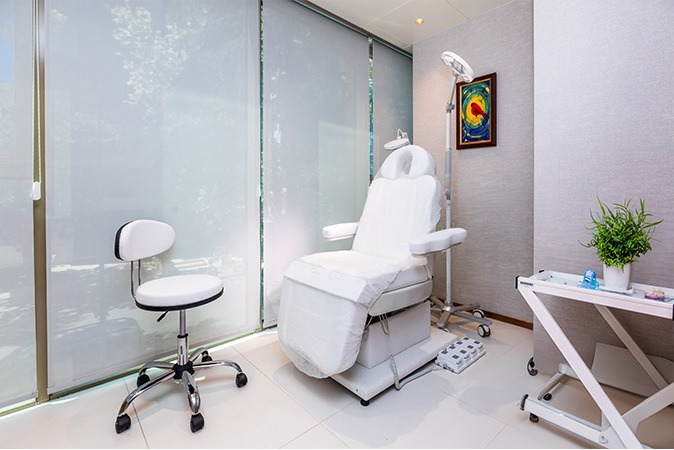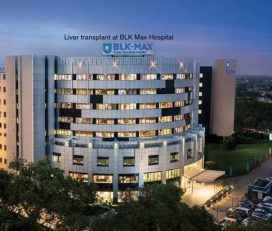
Transforaminal Lumbar Interbody Fusion Surgery in India
Transforaminal lumbar interbody (TLIF) is an operation that is used in general for the treatment of problems with the spinal discs that cause back and leg pain. This process removes an intervertebral disc and fuses two or more bones together using screws and a cage in the front and back spinal columns.
The surgeon enters into the spine through small incisions near the back centre and sets up a bone grey and an interbody spacer (a supportive device or cage placed between the vertebral bones to retain intervertebral height).























